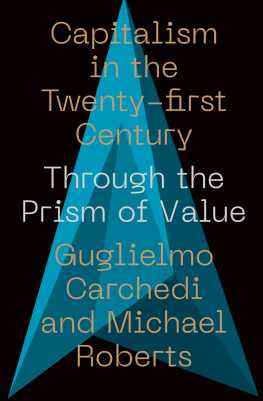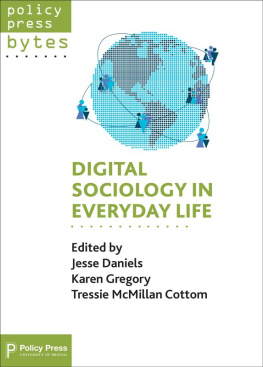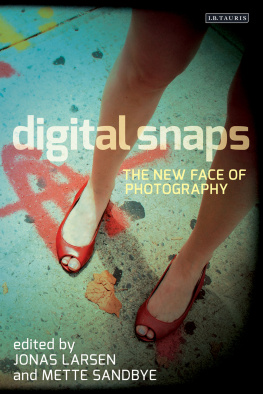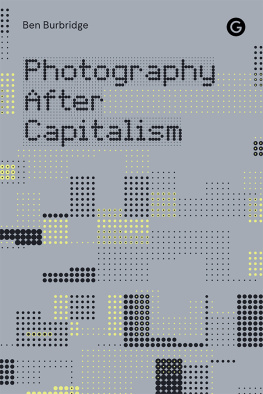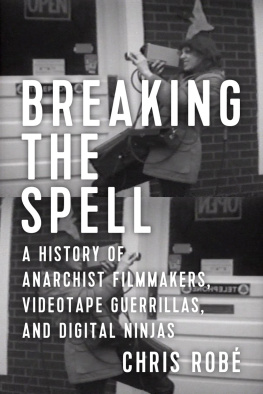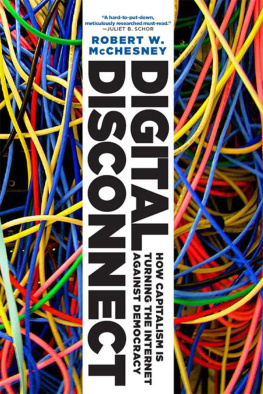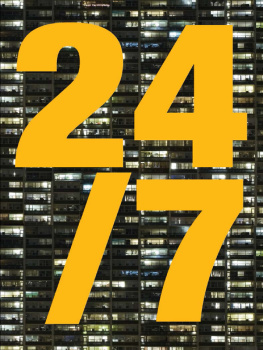Activism on the Web
Activism on the Web examines the everyday tensions that political activists face as they come to terms with the increasingly commercialized nature of web technologies and sheds light on an important, yet under-investigated dimension of the relationship between contemporary forms of social protest and internet technologies.
Drawing on anthropological and ethnographic research among three very different political groups in the UK, Italy, and Spain, the book argues that activists everyday internet uses are largely defined by processes of negotiation with digital capitalism. These processes of negotiation are giving rise to a series of collective experiences defined by the tension between activists democratic needs on one side and the cultural processes reinforced by digital capitalism on the other. In looking at the encounter between activist cultures and digital capitalism, the book focuses in particular on the tension created by self-centered communication processes and networked individualism, by corporate surveillance and data-mining, and by fast capitalism and the temporality of immediacy.
Activism on the Web suggests that if we want to understand how new technologies are affecting political participation and democratic processes, we should not focus on disruption and novelty, but we should instead explore the complex dialectics between digital discourses and digital practices; between the technical and the social; between the political economy of the web and its lived critique.
Veronica Barassi is Lecturer in the Media and Communications Department at Goldsmiths, University of London, UK.
Routledge New Developments in Communication and Society Research
Series Editor: James Curran, Goldsmiths, University of London
1 How Media Inform Democracy
A Comparative Approach
Toril Aalberg and James Curran
2 Communicating Climate Change and Energy Security
New Methods in Understanding Audiences
Greg Philo and Catherine Happer
3 Digital Platforms, Imperialism and Political Culture
Dal Yong Jin
4 Activism on the Web
Everyday Struggles against Digital Capitalism
Veronica Barassi
First published 2015
by Routledge
711 Third Avenue, New York, NY 10017
and by Routledge
2 Park Square, Milton Park, Abingdon, Oxon OX14 4RN
Routledge is an imprint of the Taylor & Francis Group, an informa business
2015 Taylor & Francis
The right of Veronica Barassi to be identified as author of this work has been asserted by her in accordance with sections 77 and 78 of the Copyright, Designs and Patents Act 1988.
All rights reserved. No part of this book may be reprinted or reproduced or utilised in any form or by any electronic, mechanical, or other means, now known or hereafter invented, including photocopying and recording, or in any information storage or retrieval system, without permission in writing from the publishers.
Trademark notice: Product or corporate names may be trademarks or registered trademarks, and are used only for identification and explanation without intent to infringe.
Library of Congress Cataloging in Publication Data
Barassi, Veronica.
Activism on the web : everyday struggles against digital capitalism / by Veronica Barassi.
pages cm. (Routledge new developments in communication and society research ; 4)
Includes bibliographical references and index.
1. Information technologySocial aspects. 2. Information technologyPolitical aspects. 3. CapitalismSocial aspects. 4. Political participation. 5. Social action. I. Title.
HM851.B364 2015
306.2dc23 2015000689
ISBN: 978-0-415-71791-5 (hbk)
ISBN: 978-1-315-87099-1 (ebk)
Typeset in Sabon
by codeMantra
First of all, I would like to thank those who have made this book possible, by teaching me that there are multiple and complex ways in which we can fight for social justice. I would like to thank all the people of the Cuba Solidarity Campaign, for their stories, understandings, and insights. In particular, I would like to show my gratitude to Rob Miller, Trish Meehan, Natasha Hickman, Matt Willgress, and Frank Liddiard for having made the everyday context of my fieldwork so lively and fascinating. A special thanks goes to Dean Weston, for his friendship, complicity, and support.
I also would like to thank all the activists of Ecologistas en Accin. In particular I would like to thank Jos Vincente Barcia for having inspired this book with his critical insights and in-depth knowledge of social and environmental injustices. A special thanks goes also to Luis Gozlez, Javier Martn, Mariola Olcina Alvarado, and Rodrigo Calvo Lepez for their help and support with my research.
Last but not least, my immense gratitude goes to all the activists involved with the Corsari and ZAM whom I had the pleasure to meet during my fieldwork. Growing up in Italy, I am deeply connected to their cause. A very special thanks goes to my very good friend Davide Furia, who has always believed in me, despite his criticism, and has made my research possible. I also would like to thank Silvia Martorana, Carlotta Cossutta, Nicol Garufi, Alice Monguzzi, Giacomo Belolli, Edoardo Todeschini, Elia Rosati, and Claudio Bonavera.
My immense gratitude goes to the Arts and Humanities Research Council (AHRC) and to the British Academy Small Research Grants scheme, which have made this research possible. I am equally grateful to the Anthropology and Media and Communications Departments at Goldsmiths, University of London, and to iCES (Institute of Contemporary European Studies) at Regents University for having believed in my project and having enabled me to strengthen my cross-disciplinary research.
In the years of my research, I met a variety of scholars who have mentored and inspired me. First of all, I am particularly indebted to Natalie Fenton. Throughout the years, her expertise, vast knowledge, and critical reflections have been the source of constant motivation and support. I doubt that I will ever be able to convey my appreciation fully, but I owe her all my gratitude. Another person who has been crucial to my development as a researcher and teacher is Nick Couldry. His passion for social theory with his in-depth knowledge and ability to see people for what they are has not only inspired me but has also enabled me to pursue my dream. There are no ways in which I can thank him appropriately.
I also would like to address a special thanks to James Curran for having believed in my research and having supported me in my personal development. Another special thanks goes to David Graeber, for reading my doctoral thesis, on which part of this book is based, and providing me with many inspirational comments and advice. I am also equally indebted to ngels Trias i Valls and Michael Scriven.
I would have not been able to complete my research without the academic and emotional support of my fellow colleagues and friends. Our discussions enriched my understanding of the importance of critical theory in the study of digital activism. In particular I would like to thank Emiliano Trer, Alice Mattoni, Gholam Khiabany, Des Freedman, Mirca Madianou, Victoria Goddard, Elisenda Ardvol, John Postill, Mila Steele, and many others who have strengthened not only my critical skills but also my belief in the importance of the ethnographic method.
There are no words to express how deeply grateful I am to my family. I am particularly indebted to my sister Brada for her complicity and unconditional support and to my parents Patrizia and Gianni without whose inspiration, care, and encouragement I would have never come so far. Finally, I would like to thank Paul and my daughter Lea for being my source of love, enthusiasm, and inspiration and for making my everyday life so special and exciting.
Next page

